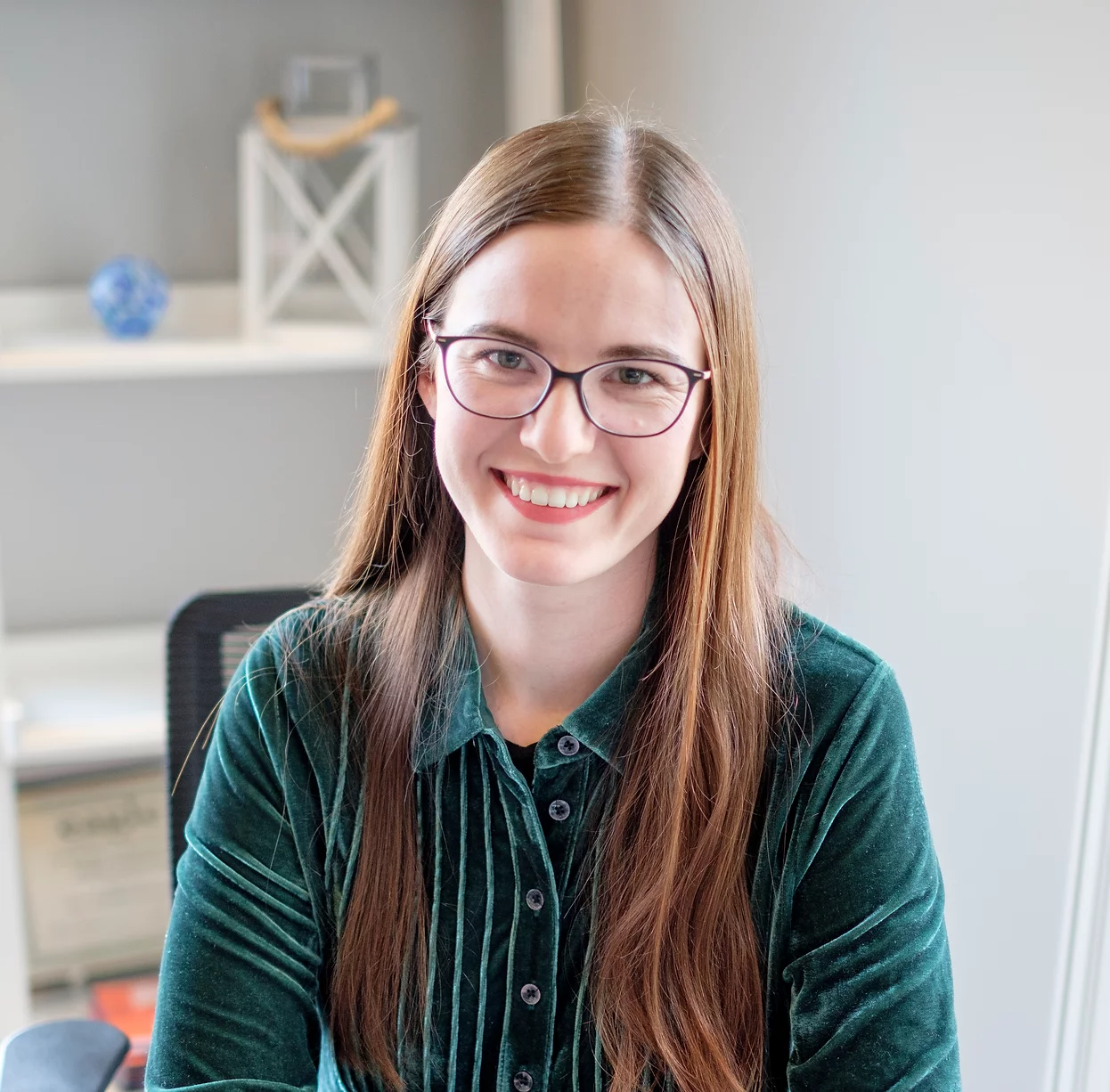Chances are you’ve heard of Parkinson’s Law, the idea that any task will expand to the amount of time allotted for it, regardless of the amount of work required. In the workplace, this often means that projects take much longer than necessary and get dragged out until their deadlines even if they could have been completed sooner, and it’s part of what makes setting deadlines so important—without them, some tasks and projects might be put off indefinitely or started and left unfinished.
But I think the principle of Parkinson’s Law applies to more than just the workplace, because it describes a tendency that we have as humans that affects all parts of our lives. Think about when you were a kid and you were assigned a school project that had a distant deadline. Did you break that project down into parts and set realistic goals and markers along the way for you to achieve it in a timely manner? Did you get started right away and turn the project in early? Probably not.
Even though we tend to become better at planning and completing tasks when we reach adulthood, Parkinson’s Law still has a strong grasp over our lives. Let’s set business aside for a moment and think about what that might mean for your life as a whole. Think about your answers to these two questions:
1. What everyday tasks or activities take up considerably more time than necessary?
2. What dreams or goals do you have that you’ve put aside to focus on more immediate matters?
Almost everyone feels a sense of lacking time to engage in the things that matter most to us. But if you carefully examine the effect that Parkinson’s Law might be having on your life currently, there’s a good chance you’ll find some ways you aren’t using your time the most effectively, allowing it to get eaten up by tasks or activities that keep expanding to fill up whatever free time you have.
I’m a highly creative person, and I find I’m happiest when I regularly work on my personal creative projects. Whether it’s writing a story or constructing a gown for a costume ball, these projects take a lot of time and energy to complete. The only way I manage to do it is by being highly intentional about what eats up my time. For me, that means I don’t use social media. I tend to leave my phone in a different room and disable distracting apps like YouTube, too. If I’m working on a project, I’ll choose to cook simple meals and maybe put off tidying the house until I’m done. Every year, I participate in NaNoWriMo (national novel writing month), and I manage to write 50,000 words in a month by limiting the time I spend on activities that matter less to me.
Take your answer to question one—maybe it’s doing the laundry, cleaning the house, or even something enjoyable but unfulfilling like scrolling through social media. Create a list. Now imagine you reduced those activities to only eat up the amount of time they really require. What would you do with the extra time? How could you apply it to your answer to question two? What goals or dreams would you start progressing toward? Would you feel your life was more fulfilling?
Scaling back the amount of time you spend on unrewarding activities is often a matter of intentionality. When you make up your mind to get things done quickly and focus on those tasks with a short portion of dedicated time, you’d be surprised how much you can get done. And when it comes to achieving your goals, the same mindset is needed. If you have a dream trip that you’re planning to take “someday” without any solid plans, giving yourself a deadline can make the difference between whether that trip happens or your window of opportunity passes you by.

Megan Terry has worked with Aloha Publishing since 2018 as an editor and ghostwriter and writes creativity, writing, and productivity tips for the Aloha blog. She has a BA in creative writing from Whitworth University and a graduate certificate from the Denver Publishing institute. Her writing has been published in Forbes and Entrepreneur magazines. Megan currently lives in the forest in Michigan’s Upper Peninsula with her geologist husband and spends her free time riding horses, writing fiction, and sewing fabulous costumes for conventions and historical events.

